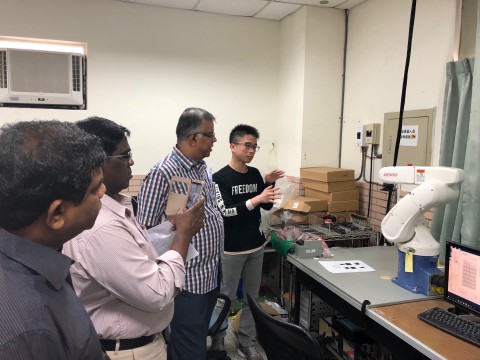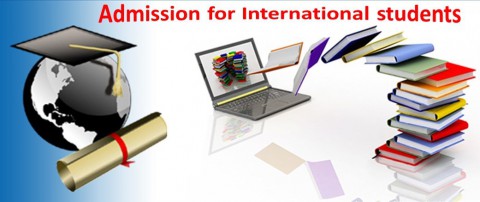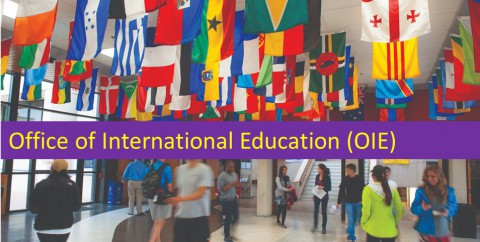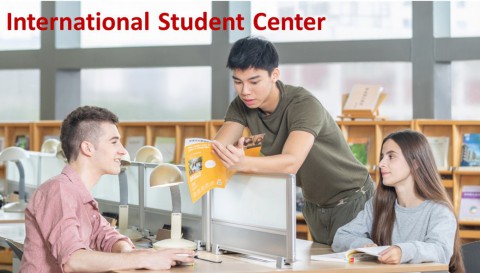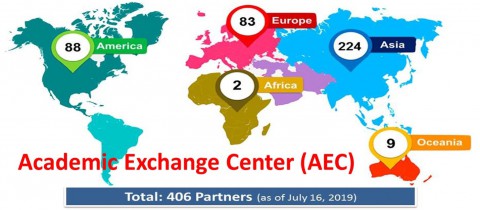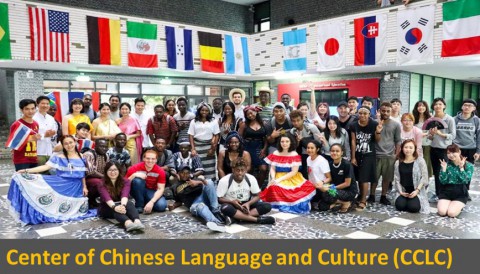
In order to improve the efficiency and competitiveness, since year 2000, the two departments, electrical engineering and electronic, have been integrated into department of Electrical Engineering for enrollment, as well as master's and master's in-service classes, and support the Institute of Applied Science and Engineering (ASE), The College of Science and engineering, for teaching and research of the class. Following the teaching and research direction of the electronic department of electrical engineering which has expanded into four major fields of communication, system, computer and VLSI/CAD, has set new milestones. In terms of research results, the SCI and EI journal papers published by the department's professors in recent years are not only among the top in private universities, but also surpass the electronic and electrical related departments of many national universities. The results of the research projects and teaching improvement programs carried out by the professors have always been fruitful, and they have contributed greatly to the progress of the research. However, these plans need funding and the equipment support to achieve the expected effects.
The Department was evaluated by the Higher Education Evaluation Center in November 1996. The outcomes of the evaluation were announced in June 1997. The Department was awarded the honor. The five major items in the evaluation report are very affirmed to the department. Especially, the wording of "very good" is used to describe the performance of the teachers and students in the research and professional performance; the evaluation report also highly recognizes the performance of the alumni in the industry and academia. At the same time, the evaluation team also learned from interviews that graduates are highly focused on the department. Since the beginning of 1998, the "Electronic Technology Lectures" course has been offered. Through the study, employment or entrepreneurial experience of many outstanding alumni, in addition to making students understand the current development of the electronic motor technology industry, students are reminded to think early about future career planning. In 101, the bachelor's, master's, and master's in-service classes participate in the IEET professional appraisal. At least once a year, the back-to-school activities are held, and the departmental associations are held to discuss whether the educational goals are achieved. The IEET Alumni Questionnaire can be filled in when alumni return to school or on alumni distinct of the department website. In the 101 and 107 academic years, the undergraduate, master's, and master's in-service classes participated in and passed the IEET first and second cycle certifications, demonstrating the effectiveness of the department's continuous teaching improvement, and reaffirming the performance of the alumni.
The Department was evaluated by the Higher Education Evaluation Center in November 1996. The outcomes of the evaluation were announced in June 1997. The Department was awarded the honor. The five major items in the evaluation report are very affirmed to the department. Especially, the wording of "very good" is used to describe the performance of the teachers and students in the research and professional performance; the evaluation report also highly recognizes the performance of the alumni in the industry and academia. At the same time, the evaluation team also learned from interviews that graduates are highly focused on the department. Since the beginning of 1998, the "Electronic Technology Lectures" course has been offered. Through the study, employment or entrepreneurial experience of many outstanding alumni, in addition to making students understand the current development of the electronic motor technology industry, students are reminded to think early about future career planning. In 101, the bachelor's, master's, and master's in-service classes participate in the IEET professional appraisal. At least once a year, the back-to-school activities are held, and the departmental associations are held to discuss whether the educational goals are achieved. The IEET Alumni Questionnaire can be filled in when alumni return to school or on alumni distinct of the department website. In the 101 and 107 academic years, the undergraduate, master's, and master's in-service classes participated in and passed the IEET first and second cycle certifications, demonstrating the effectiveness of the department's continuous teaching improvement, and reaffirming the performance of the alumni.
In addition to the existing funding resources of the school and the department, the department has two funds, the Prize Fund and the Development Fund, which provide better learning support and equipment for the students. These two funds mainly come from the generosity of the friends. Regardless of hundreds of NT dollars, thousands of NT dollars or tens of thousands of NT dollars, it provides a key aid for the students at the department.
The plan including four fundraising projects is as follows:
- Project 1. Increase the Undergraduate and Graduate Scholarships, and encourage outstanding students from the Department to go directly to the graduate program of the department.
- Project 2: Provide the cooperation of the industry-university research and development plan, to strengthen the research equipment of teachers and graduate students and enhance the research and development energy.
- Project 3. Establish a medical electronics research center to enrich the medical electronics professional experimental equipment and strengthen the research and design capabilities of students entering the medical and electrical industry.
- Project 4. Subsidize the postgraduate students to attend international conferences. Graduate students who participate in international academic conferences can enhance electronic and electrical professional vision and English proficiency.











